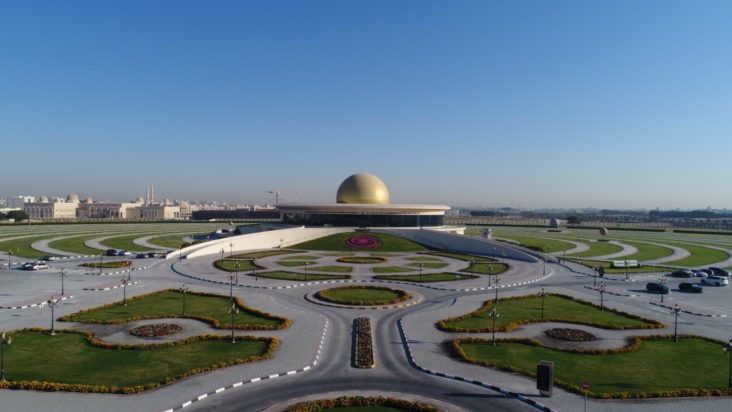Sharjah Astronomical Observatory Records New Global Achievement

Within the framework of its unwavering progress in the global scientific fields, The Sharjah Astronomical Observatory (SAO) of the Sharjah Academy for Astronomy, Space Sciences, and Technology (SAASST) at the University of Sharjah records a new global achievement.
The Minor Planet Centre (MPC) of the International Astronomical Union (IAU) added the Observatory to its list of credible and reliable international observatories list with the code “Sharjah Observatory M47”.
H.H. Dr. Sheikh Sultan bin Muhammad Al Qasimi, Supreme Council Member and Ruler of Sharjah, established SAASST as a scientific edifice to enrich awareness and public knowledge of the developments, importance, and impact of astronomy, space sciences, and technology. It was also done in the hope that Sharjah would become a world leader in scientific research and solidify the UAE’s position as a scientific centre at the regional and global levels.
Announcing this yesterday, the MPC said the Sharjah Astronomical Observatory will monitor, track and discover asteroids and send scientific reports on the movement of these asteroids through continuous observation and analysis.
Commenting on the news, Prof. Hamid M.K. Al Naimiy, Chancellor of the University of Sharjah, General Director of SAASST, and President of the Arab Union for Astronomy and Space Sciences, said that this global achievement will enable the Sharjah Astronomical Observatory to send official asteroid observation reports after analysing them with special software and high accuracy.
He added that a team at the observatory recently observed seven asteroids of low light magnitudes over several nights, analysed their movement in the sky and sent the final report to the MPC. Upon their review of this report, the MPC approved the observatory and added it to the list of reliable global observatories.
The University of Sharjah in cooperation with SAASST has launched several new graduate programmes. These include the Master of Science in Space Sciences and Astronomy, the Master of Science in Geographic Information System and Remote Sensing, and the Master in Air and Space Law programmes. They aim to enhance the academic and professional knowledge of students and provide them with the required experience in the field of astronomy and space sciences. This will be accomplished through working on specialised research and developing projects that support the space sector in the UAE and the world.

